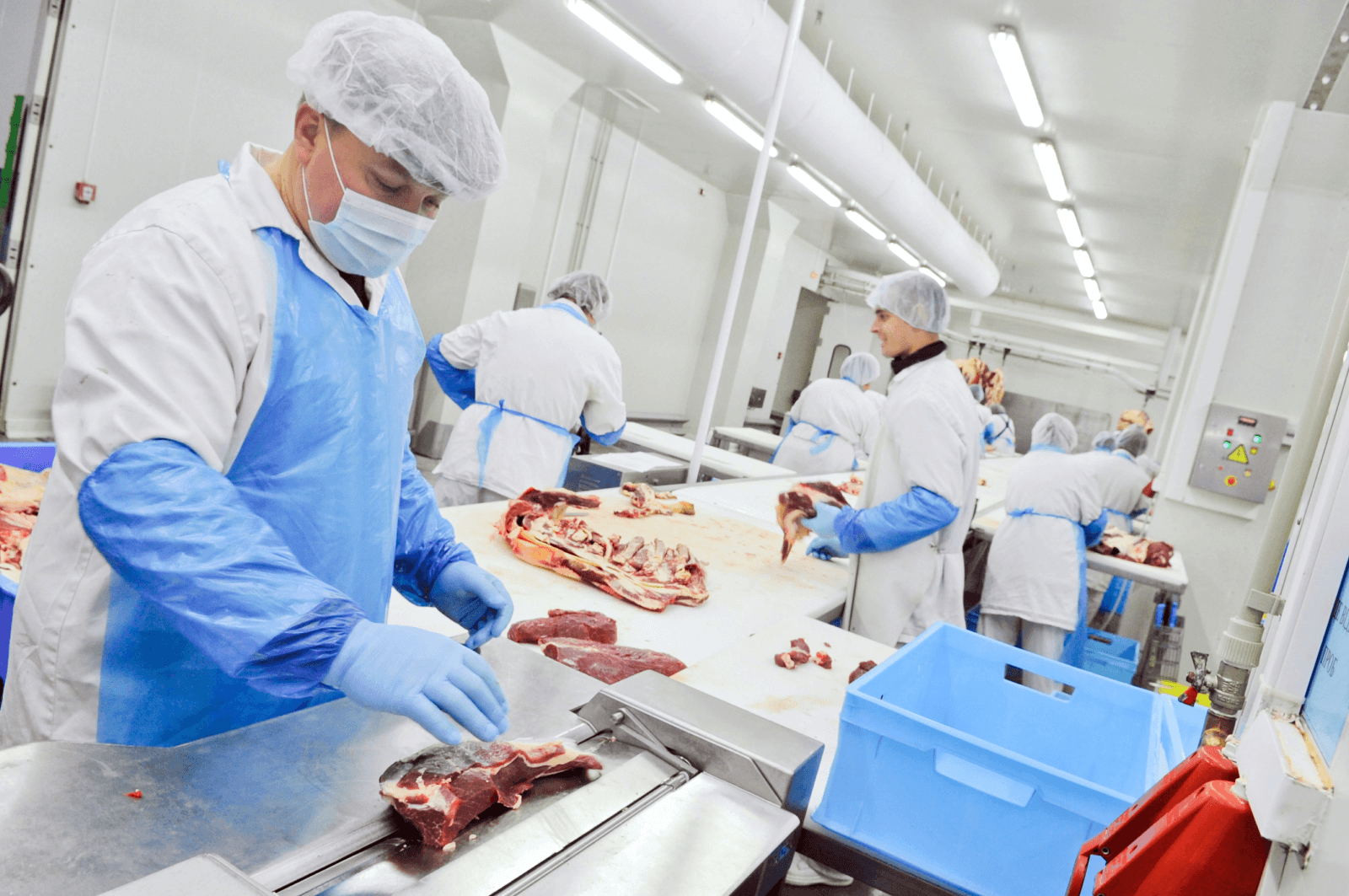At the heart of the food safety revolution lies the Food Safety Modernization Act (FSMA). As a game-changing regulation implemented by the U.S. FDA, FSMA emphasizes proactive measures in food safety, making a paradigm shift from managing foodborne illnesses to preventing them.
The Heart of FSMA
FSMA compliance is a detailed, proactive approach towards securing food safety. Crafted in response to several high-profile food safety outbreaks, the FSMA underscores the necessity for stringent supervision and potent preventative strategies throughout the food supply chain.
The Seven FSMA Rules: A Deep Dive
To fully comprehend FSMA compliance, we must delve into the seven foundational rules that form its backbone. These rules, designed to create a proactive and preventative food safety system, cover all facets of the food supply chain, from raw materials sourcing to manufacturing, processing, packing, and holding, to transportation and sale of the final product.
- Preventive Controls for Human Food Rule: This mandates food facilities to implement written preventive controls to ensure safe practices.
- Preventive Controls for Food for Animals Rule: Similar to the human food rule, but focuses on food for animals.
- Produce Safety Rule: This rule sets science-based standards for the safe growing, harvesting, packing, and holding of produce.
- Foreign Supplier Verification Programs (FSVP) Rule: Importers are required to verify their foreign suppliers are producing food in compliance with U.S. safety standards.
- Accredited Third-Party Certification Rule: This facilitates the use of third-party auditors for the examination of foreign food facilities.
- Sanitary Transportation of Human and Animal Food Rule: It requires measures to prevent food contamination during transportation.
- Mitigation Strategies to Protect Food Against Intentional Adulteration Rule: This targets strategies to prevent intentional food adulteration.
Challenges and Solutions in FSMA Compliance
While FSMA has reinforced food safety, complying with its provisions poses significant challenges. These include fully understanding its demands, developing robust preventative controls, and maintaining comprehensive documentation. However, a combination of technology, comprehensive training, and fostering a culture of food safety can address these challenges effectively.
SGS DIGICOMPLY: Your Partner in FSMA Compliance
Navigating the path to FSMA compliance is a complex task. However, it can be significantly eased with the support of SGS DIGICOMPLY, an AI-powered platform that assists professionals in understanding and adhering to FSMA regulations. With an extensive regulatory library, advanced analytics, and tools for proactive risk management, SGS DIGICOMPLY transforms FSMA compliance from a daunting task to a manageable process. To explore how SGS DIGICOMPLY can streamline your journey towards FSMA compliance, explore SGS Digicomply platform now.





.webp?width=1644&height=1254&name=Food%20Safety%20Dashboard%201%20(1).webp)
